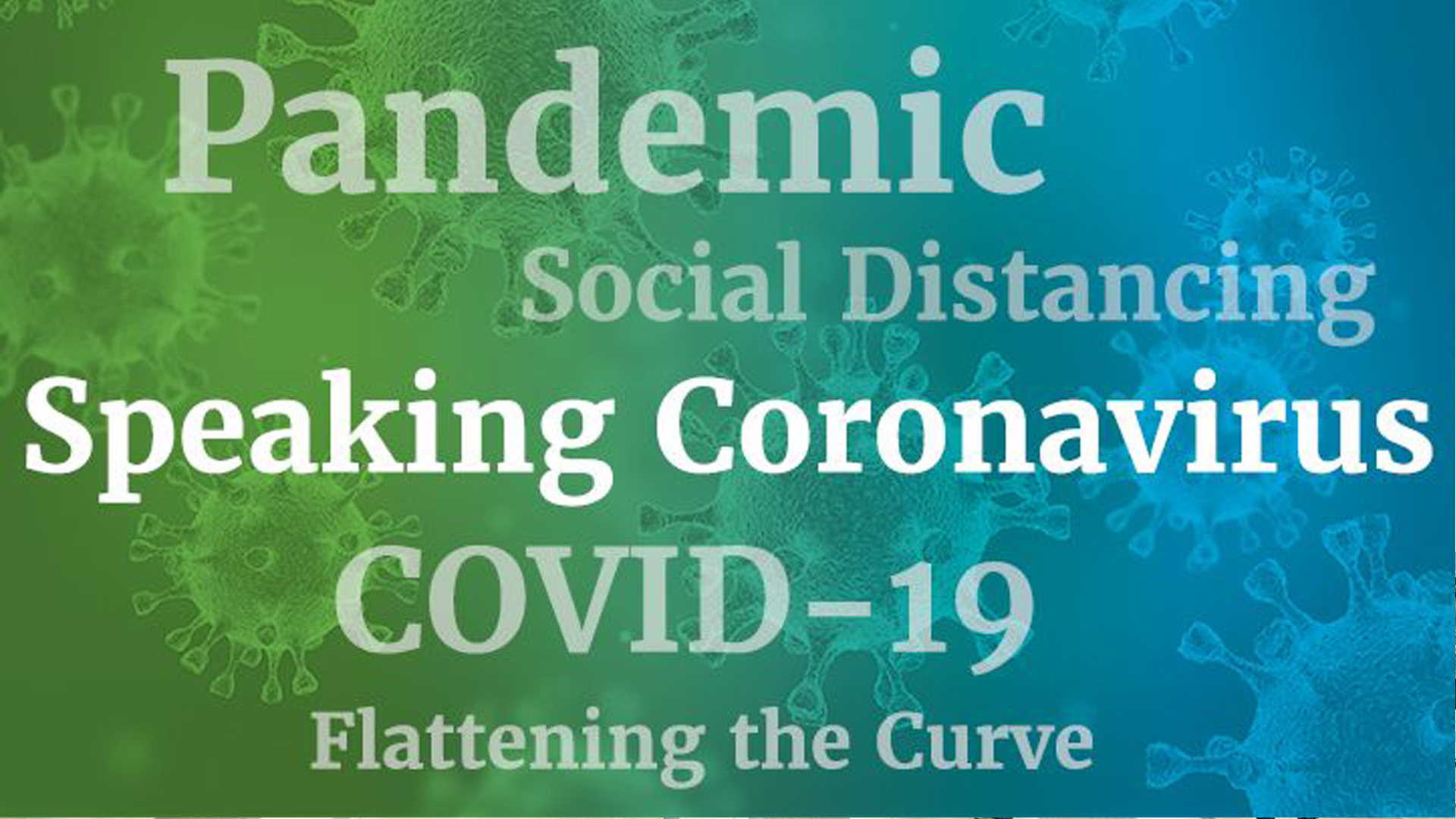4 years ago

Covid-19
The disease caused by the coronavirus first detected in Wuhan, China, in late 2019. It primarily affects the lungs.
Flatten the curve
Health experts use a line on a chart to show numbers of new coronavirus cases. If a lot of people get the virus in a short period of time, the line might rise sharply and look a bit like a mountain.
However, taking measures to reduce infections can spread cases out over a longer period and means the "curve" is flatter. This makes it easier for health systems to cope.
Lockdown
Restrictions on movement or daily life, where public buildings are closed and people told to stay at home. Lockdowns have been imposed in several countries as part of drastic efforts to control the spread of the coronavirus.
Pandemic
An epidemic of serious disease spreading rapidly in many countries simultaneously.
Self-isolation
Staying inside and avoiding all contact with other people, with the aim of preventing the spread of a disease.
Social distancing
Keeping away from other people, with the aim of slowing down transmission of a disease. The government advises not seeing friends or relatives other than those you live with, working from home where possible and avoiding public transport.
Virus
A tiny agent that copies itself inside the living cells of any organism. Viruses can cause these cells to die and interrupt the body's normal chemical processes, causing disease.